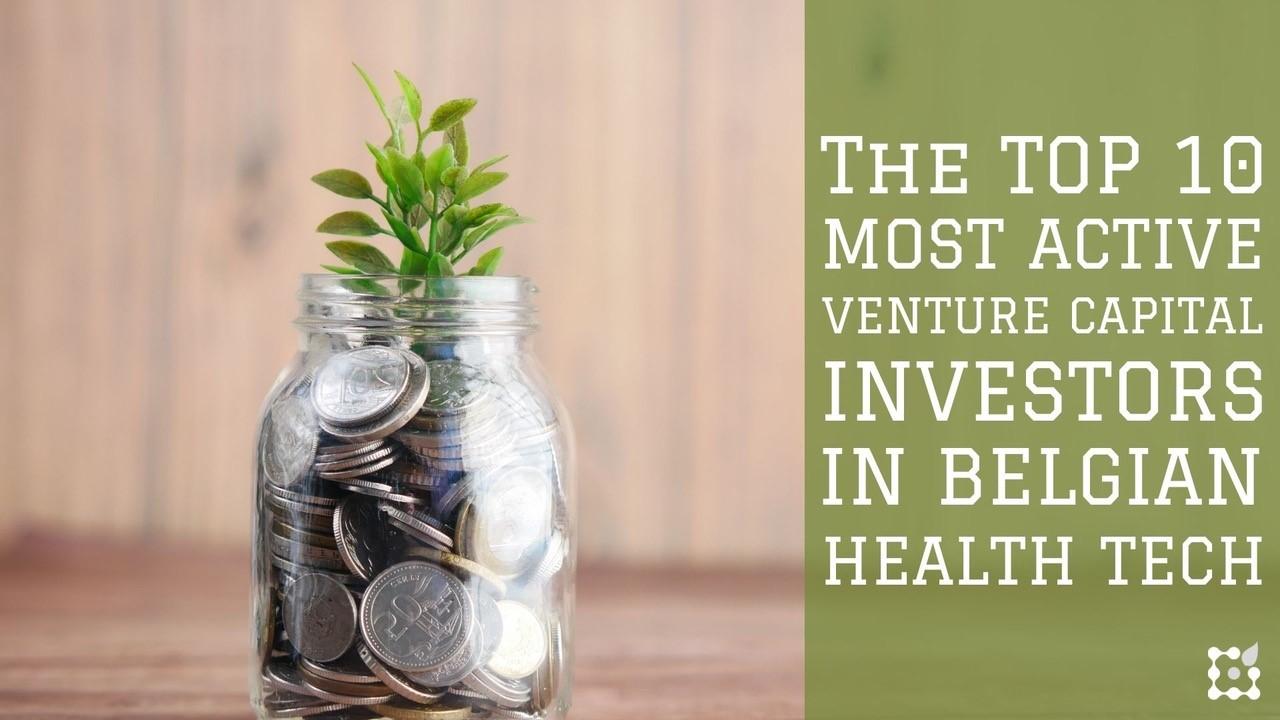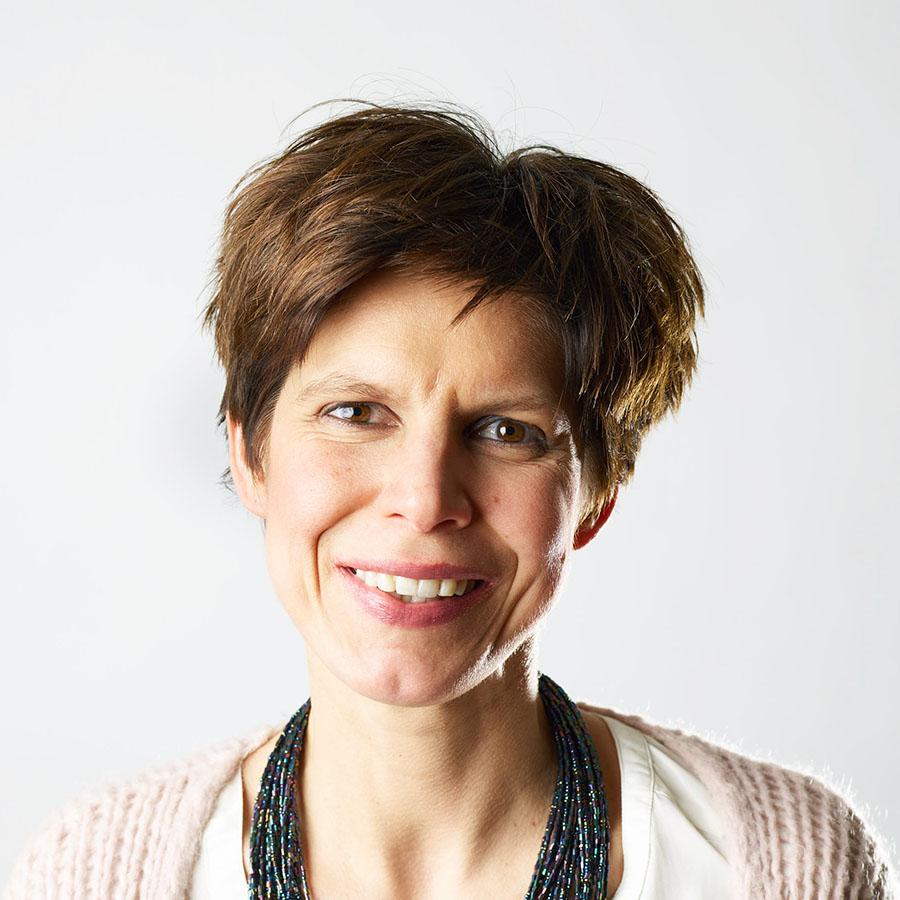2023 was not a good year for global venture capital investments: we see a decline in all sectors, and healthcare is no exception. After years of growth since 2017, there is now at least a stagnation in the willingness to invest in health tech startups and scaleups.
Belgium is not exempt from this challenging situation. This summer, The Brussels Times even spoke of ‘the drying up of investment capital for Belgian startups’. This is, of course, related to global uncertainty due to conflict and economic changes.
But it also reflects a correction: due to the COVID pandemic, health investments reached unprecedented heights in 2021-2022, especially in digital and pharmaceuticals.
Atomico, which recently published its European tech report for this year, talks about ‘a shift towards more sustainable growth’: away from large peaks and focusing on themes with real societal impact, such as:
- Artificial Intelligence (leading in seed investments in Europe),
- Energy and climate (leading in all types of European investments this year) and
- Health.
In 2023, the health sector was the third-largest for seed investments in Europe, with notable performance in Switzerland, Denmark, and the Netherlands.
Health Tech Funding in Belgium
Belgian startups performed well in recent years. Despite being a small country in terms of venture capital compared to the UK and France, Belgian startups have seen a significant 43% increase in capital raised from 2016 to 2023, as reported by Statista.
The number of angel investors has also increased from 400 in 2016 to 500 in 2021. Belgium is still a champion in R&D investments and startup networks, through accelerators and strong incubators.
However, there is a paradox: Flanders, for example, is one of the most dense startup ecosystems with more than 330 startups per million inhabitants, but it lags behind in terms of capital raised, with 85 euros per capita in the top year 2021—only half of the EU average. This is confirmed in this year’s Atomico report: Belgium trails behind the Netherlands, Estonia, Luxembourg, and Denmark in terms of raised capital per capita.
Market conditions for Belgian digital health startups also remain extremely challenging, often requiring them to go abroad for further growth. Public policy still gives too little room for innovations, making it difficult to implement new business models by health startups.
In 2023, Belgium had 29 healthtech venture capital deals worth around 258 million euros in total1. Most of the funding went to biotech companies, with 10 deals amounting to 189.4 million euros. These biotech deals accounted for 73% of the total capital raised in the health sector for Belgian startups and scaleups this year.
Get ahead of the game – Grab your exclusive list of health tech ventures in Belgium for 2023 now!
Wallonia and Brussels performed remarkably well in the past year.
| Region | Deals | % |
| Flanders | 13 | 45 |
| Wallonia | 11 | 38 |
| Brussels | 5 | 17 |
| Belgium | 29 | 100% |
- Join +2000 health innovators
Biotech Companies: Large Budgets for Personalized Medicine and PCR Testing
Ghent-based AgomABtherapeutics, a life science company targeting fibrotic diseases, had the biggest deal and is on a growth path after partnering with Pfizer in 2022 . They also received FDA approval for the development of their therapy for diseases such as Crohn’s.
Health investors also love the newly established Axithra, a spin-out from Imec and Ugent, which is building a platform for drug detection in blood to enable personalized medicine. They focus on personalized antibiotic treatments in intensive care right now.
And Ghent-based Dualyx raised 40 million euro in series A to bring T-reg therapies for autoimmune diseases into the clinic.
And MiDiagnostics, supported by Imec and strong investors, secured a collaboration with Galapagos this year to develop a rapid and closed CAR-T test in the fight against cancer.
Health Platforms Raise Money Quickly (.. and go B2C)
Almost half of the 13 startups and scaleups in the digital health platform category that secured funding this year were established from 2020 onwards.
Axithra, a spin-out from Ghent University founded in 2023, already secured a widely supported seed investment of 10 million for their medicine monitoring solution.
Nuclivision (software to assist the physician in the entire workflow of nuclear medicine) and Koios Care (daily activity biomarkers for Parkinson’s disease) started in 2022 with the support of Imec and Vlaio and joined the newly established incubation fund, Lumiares.
Although the B2B business model remains dominant in Belgian health tech, this year, 2 great B2C platforms attracted funding: Sunrise, the fabulous sleeptracker on your chin by Laurent Martinot & team; and promising GuudWoman, the female health solution by Morgane Leten and Jan Deruyck.
Belgian EIT Health Companies Continue to Grow
European EIT health accelerator provides a robust network and support for some of the best digital health & medical device startups and scaleups on the continent. EIT Health has already invested in over 1,000 health companies since its establishment in 2015, with 42 Belgian laureates.
These companies are further expanding their growth: Byteflies, MoveUp, and Sunrise were all previous EIT health laureates and are now taking the next steps in their growth journey.
Neuroscience and sleep are trending
Good sleep helps to maintain good health (and vice versa). Healthtech investors recognize the importance of this market and understand that sleeping problems can be diagnosed better and more patient-friendly.
Medical technology company Nomics, based in Liège, raised funds this year to conquer the European market.
And we’ve already mentioned Sunrise who has become a key player in the sleep diagnosis field and has offices in Belgium, France and USA. They had a wonderful year after winning the 2022 SleepTech Award, two FDA approvals, a renewed CE certification in Europa and last but not least: a very interesting collaboration with Amazon Alexa Fund.
Dealing with neurological issues and preventing thrombosis, a major cause of death, is still challenging. Just recently, in November, Charlerloi-based biotechnology player Bioxodes received $13.2 million to better prevent thrombosis. And their CEO, Marc Dechamps, was also elected biotechnology CEO of the year this year. A good year for Bioxodes, which has been working on this since 2013.
Female Founders perform quite well
Here’s a shout-out to all the women making waves in healthtech: Belgium saw a promising trend last year with 5 of its health ventures (making up 17%) being led by a female founder or CEO.
This is a bit lower than the European average of 18% (source: Atomico), but more than the 10% of female founders and 13% of female board members found in a Belgian tech federation Agoria ‘s survey.
Women behind AgomabTherapeutics, Savics, MiDiagnostics, OncoDNA, and GuudWoman show that change is possible.
We hope this sparks inspiration for more Belgian women to take the entrepreneurial plunge in healthcare!
Startup funding by Local Investors
Seed and early-stage financing make up the vast majority of all health deals, with mainly local health investors and funds leading.
In the early stages, health care startups heavily rely on local and government-related funding. Entities like Vlaio, Public service of Wallonia, and Wallonie Entreprendre play a vital role in providing initial opportunities. Imec and startit@KBC are also significant contributors.
Qbicfund continues to be a pivotal support system for Belgian startups emerging from the research sector.
Once past these initial stages, we see a mix of individual investors and groups stepping in this year, including names like Marc Coucke (alychlo) and Lumiares.
Good News for These Growers… and Interesting New Kids on the Block
External financing is an important step to enable the growth of a company, but that is not the only thing. Equally important is finding a solid business model that ensures sustainable revenue growth. In further development, commercial partnerships, team growth, and, of course, revenue growth are core indicators. But an acquisition is also a possible next phase.
We take note of these changes in 2023 as well:
- the acquisition of Oncomfort by HypnoVR in October.
- Nobi, which produces smart lamps that allow people to stay at home longer (age tech), started a very nice collaboration with Welldercare. Together, they are now launching Nobi’s AI lamp in the market in India in various living settings.
- Some interesting health startups saw the light of day this year: Soles (platform for custom-made insoles), 4tissue (tissue regeneration and reconstruction) and Amalus Therapeutics (fibroplast modulation).
An Innovative Home Market is Needed
In Belgium, the future challenge is centered around digital health and the growth of top-performing platforms.
Many promising digital health platforms have received support in their early stages, aiding in the shift towards early detection, monitoring, and combating physician burnout in the healthcare system. However, these platforms struggle to survive in their home market, which is unfortunate.
There is an urgent need for a greater emphasis on virtual care and incentives within the public healthcare system to utilize health tech in addressing physician burnout, personnel shortages, and promoting value-based health outcomes like prevention.
Conclusion
In summary, we can say that 2023 was not a top year for funding for health startups in Belgium. There is a return to the pre-pandemic level, an evolution also observed in other countries.
Biotech and medical devices continue to perform well in Belgium, with a notable share of female entrepreneurship in 2023. Investors show interest in solutions for healthier sleep, oncology, and neurology. In recent years, many actors in Belgium have focused on improving startup and seed financing, and the number of business angels has increased.
The challenge for the coming years is in digital health and further growth for these top performers. Many promising health platforms have been supported in their early stages in recent years. They help the healthcare system make a fundamental shift towards early detection and monitoring and combat physician burnout. But they have the greatest difficulty in surviving in their home market, and that is a tragedy.
Most health companies operate without venture capital. Therefore, they seek daily optimization of their product along with expanding their customer base. External financing can indeed be sought more as a growth tool, but investors will only take the risk if there are sufficient market prospects.
To ensure the growth and maturity of the Belgian health ecosystem, external health funding and supportive regulations for digital health platforms are essential. This will also contribute to the further development of Belgium’s strong sectors, such as pharmaceuticals and biotechnology. Additionally, it will help sustain the country’s public healthcare system.
Want to know more about digital health funding & health tech investors in Belgium? Join our bi-weekly newsletter!
- Don't miss any innovations in healthcare
- Analysis of Dealroom and Crunchbase data ↩︎










